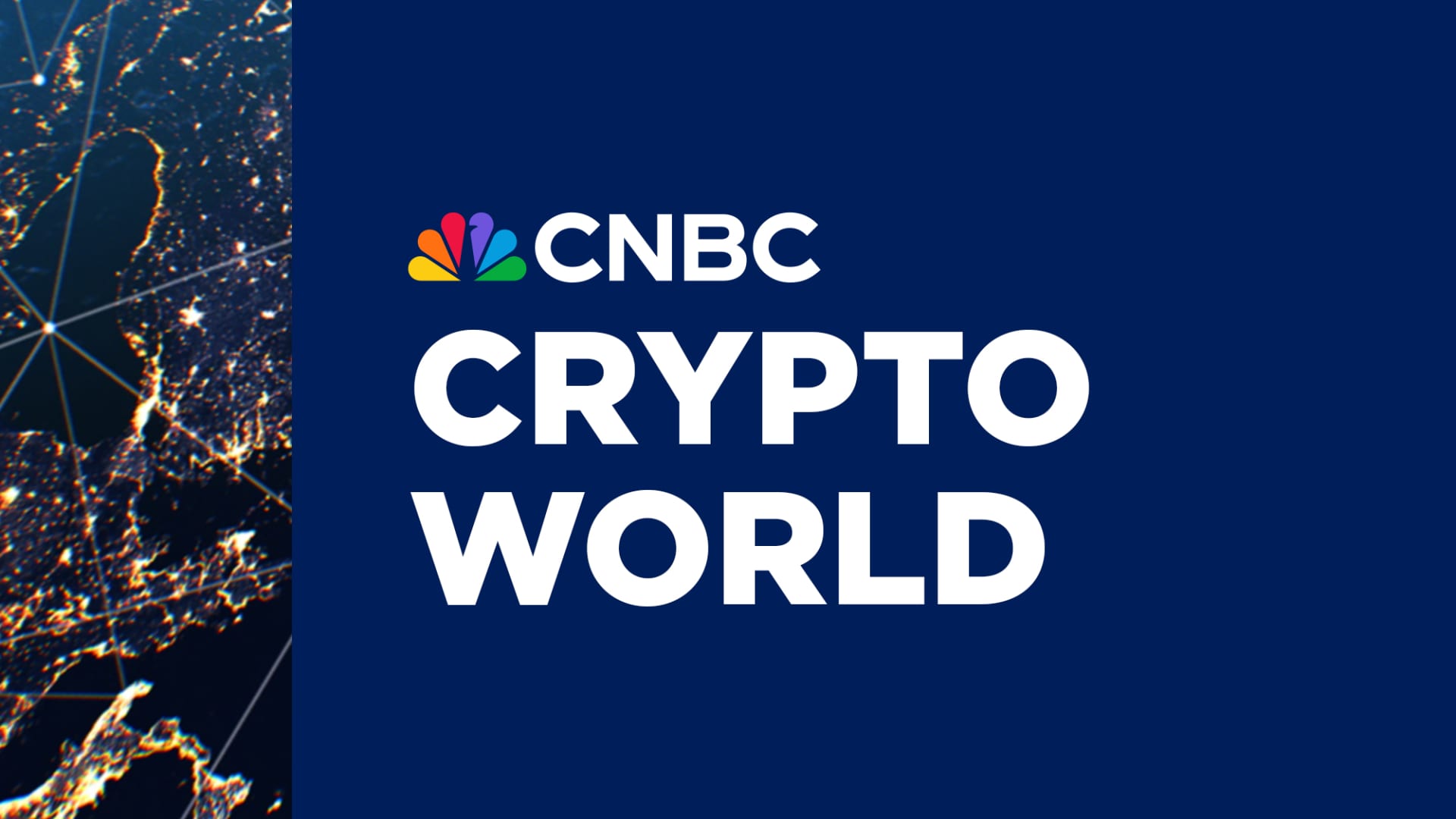The Duty of Digital Currency in Shaping Tomorrow's Financial Landscape
As the digital change remains to transform numerous industries, its influence on the financial landscape can not be underrated. The introduction of cryptocurrencies, underpinned by blockchain modern technology, is challenging the longstanding sovereignty of typical fiat currencies. This arising fad has the prospective to redefine economic purchases, allowing quicker, less expensive, and extra safe peer-to-peer interactions. As we stand on the edge of this potential upheaval, relevant concerns emerge concerning the opportunities and difficulties that electronic currency presents.
Comprehending the Emergence of Digital Money
Regardless of the supremacy of traditional economic systems, the development of digital currency has introduced a brand-new age in the world of finance - copyright mining. Digital money, also called cryptocurrencies, are essentially decentralized systems that enable peer-to-peer purchases to happen over the net. These transactions are validated by network nodes via cryptography and videotaped in a public journal referred to as a blockchain
The initial and most popular electronic money, Bitcoin, was developed in 2009 by an unidentified person using the name Satoshi Nakamoto. Ever since, countless various cryptocurrencies have been created, each with their own distinct features and uses. The appearance of electronic money has actually been assisted in by improvements in technology, specifically the internet and cryptography. Such money provide potential benefits consisting of improved safety and security, reduced deal costs, and the capability to pay without the need for a main authority or economic institution.
The Impact of Cryptocurrencies on Standard Financial Equipments
A considerable change in the financial landscape has been observed considering that the arrival of cryptocurrencies. These digital possessions, empty of physical kind and centralised control, have actually been steadily trying the structures of typical economic systems. They have actually disrupted the status by giving an alternative to fiat currencies and banking structures, which are usually stagnated by administrative red tape and ineffectiveness.
Cryptocurrencies have actually produced a newly found feeling of economic sovereignty for people by making it possible for peer-to-peer transactions, devoid of the oversight of monetary organizations. This has actually tested the enduring prominence of financial institutions and created them to reassess their roles and techniques.

Prospective Opportunities and Challenges in Taking On Digital Currency

Digital currencies' extreme volatility poses financial risks and their anonymity can facilitate immoral tasks. While the assurance of electronic money is apparent, recognizing their full potential will require addressing these obstacles.
Instance Researches: Countries Accepting the Digital Currency Revolution
As we look into details instances, it is enlightening to observe how numerous countries are taking advantage of the power of electronic currencies. China, as an example, has started an across the country electronic yuan test, aiming to supplant cash and keep economic sovereignty when faced with arising cryptocurrencies.
Beyond of the world, Sweden has actually been examining its e-Krona, with a primary goal of preserving a efficient and secure repayment system. At the same time, the Marshall Islands has taken on the SOV, a national electronic money, which exists together with the US dollar to mitigate their financial reliance.
In Africa, Senegal launched eCFA, an electronic version of their nationwide currency, to promote economic addition and boost the regional economic situation. These varied study highlight a global pattern of countries accepting electronic currencies, each with one-of-a-kind motivations and approaches, showing the transformative potential of digital money in contemporary monetary systems.
Forecasting the Future: The Long-term Potential Customers of Digital Currency in Global Financing
Attracting from the different study of countries that have actually welcomed digital money, it ends up being obvious that this electronic change is not just a passing fad. The expanding popularity of digital currencies recommends a promising future, where these currencies might possibly reshape the international monetary landscape.
The shift towards digital money is most likely to speed up, driven by the requirement for better monetary inclusion, performance, and protection. Digital money, with their capacity to facilitate instantaneous transactions, reduced prices, and supply transparency, can disrupt conventional financial systems.
However, the long-term potential customers of electronic money rest on numerous factors. Governing approval, technical innovations, and public depend on are vital components that can influence their future trajectory. The volatility of electronic currencies likewise postures a significant challenge, which requires to be dealt with to ensure their continual development.

Final thought
As digital money remains to gain energy, it is positioned to fundamentally improve the international economic landscape. Its possible to enhance economic inclusion, streamline deals, and difficulty conventional financial structures is obvious. Its full impact and long-lasting leads remain to be seen. As the world grapples with this financial change, it will be fascinating to enjoy how electronic currency evolves and transforms our interaction with cash.
The Continue Role of Digital Money in Shaping Tomorrow's Financial Landscape. (copyright mining)
In spite of the dominance of typical financial systems, the emergence of digital currency has ushered in a brand-new age in the world of money. Digital currencies' severe volatility presents financial threats and their privacy can help with immoral tasks.As electronic money proceeds to get energy, it is positioned to fundamentally improve the international economic landscape. As the world grapples with this financial transformation, it will be intriguing to watch just how electronic money evolves and changes our engagement with cash.
 Amanda Bynes Then & Now!
Amanda Bynes Then & Now! Hallie Eisenberg Then & Now!
Hallie Eisenberg Then & Now! Gia Lopez Then & Now!
Gia Lopez Then & Now! Danielle Fishel Then & Now!
Danielle Fishel Then & Now! Kerri Strug Then & Now!
Kerri Strug Then & Now!